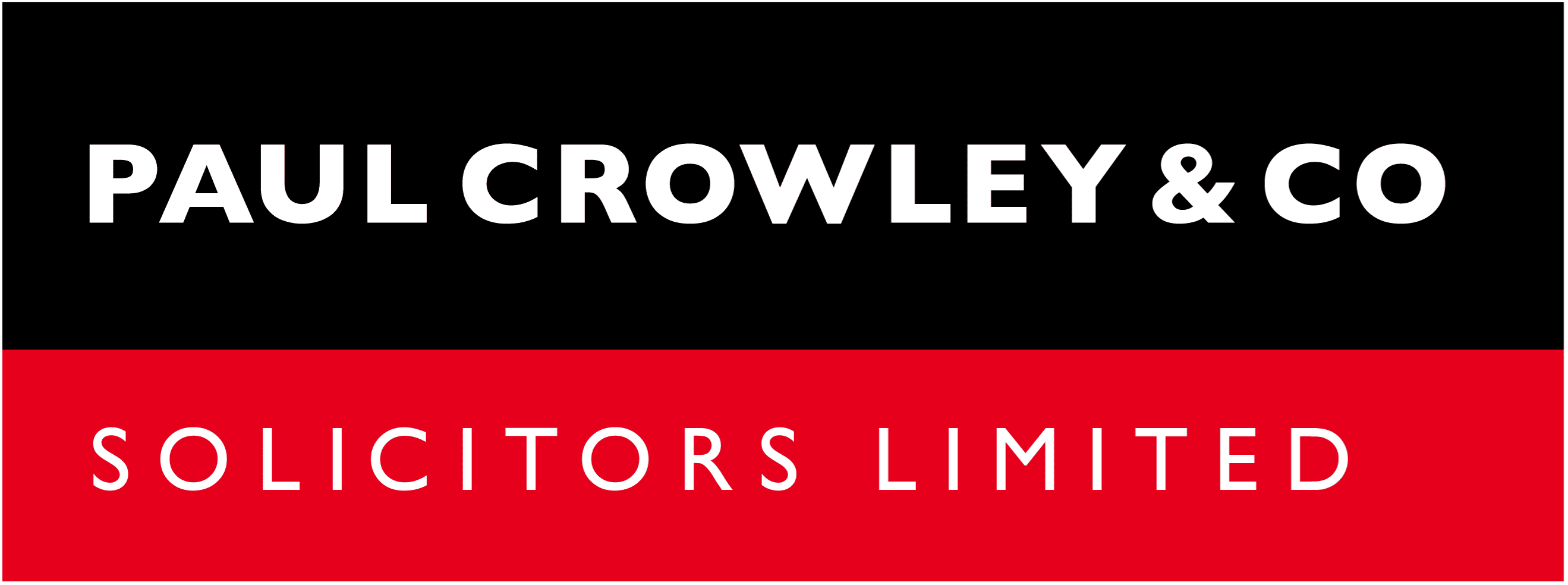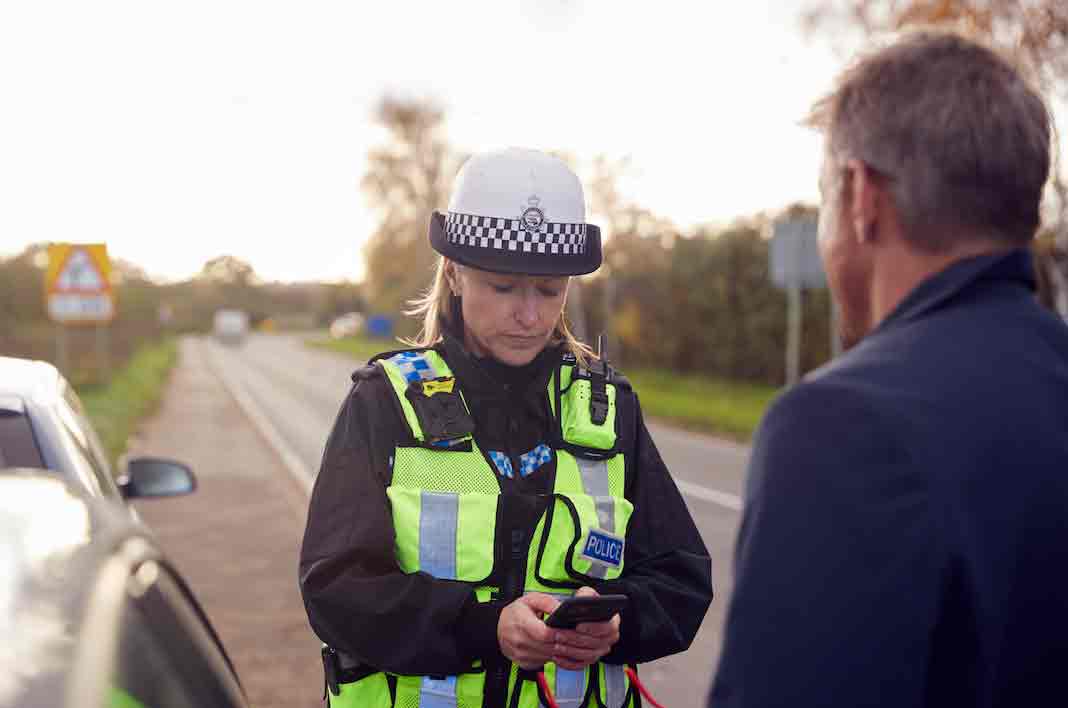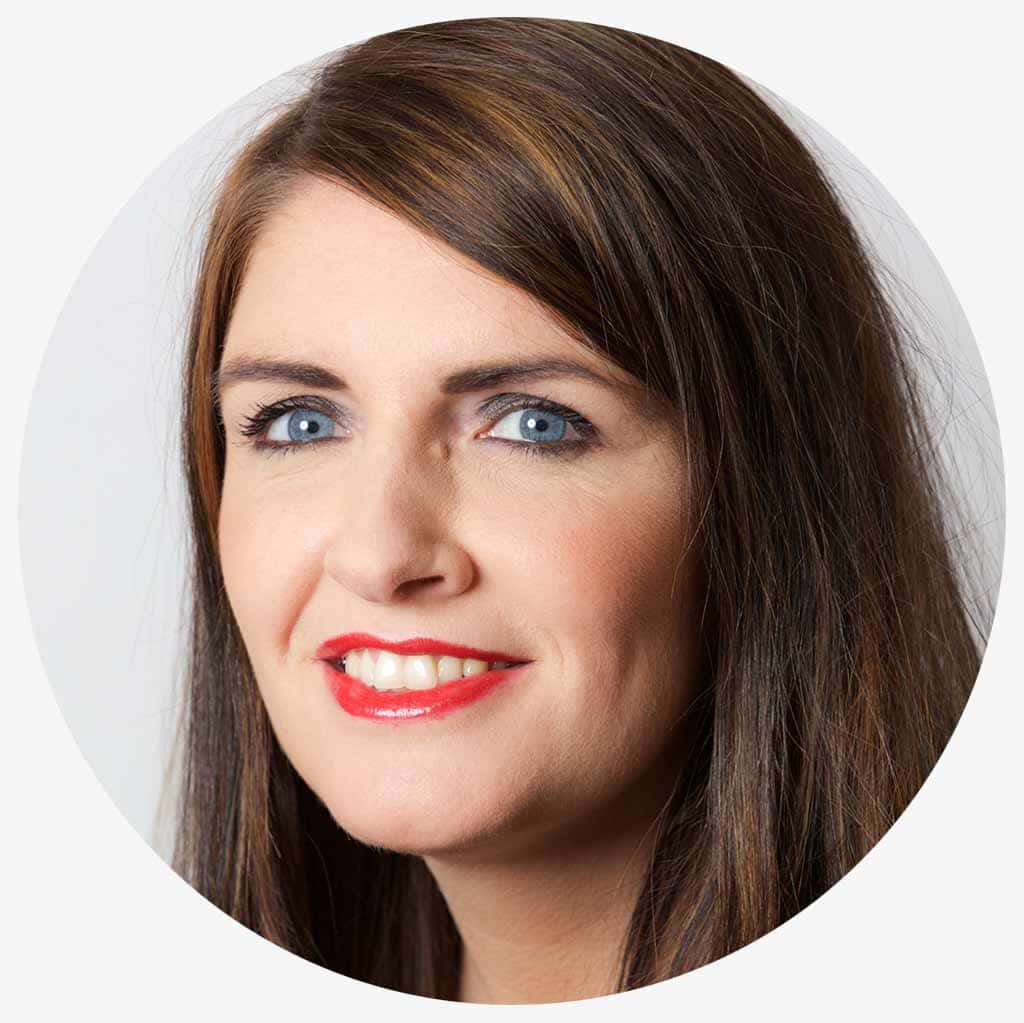In England and Wales alone, over 85,000 people are charged with drink driving offences every year. Being charged with these offences can have serious consequences for you and your family, as you could be fined, imprisoned and banned from driving.
If you’ve been charged with a drink driving offence, Paul Crowley & Co solicitors are here to explain what the drink driving limit is and what happens if you are caught drink driving.
What is the drink driving limit?
The drink driving limit in England and Wales is 35 micrograms of alcohol per 100 millilitres of breath or 80 milligrams per 100 millilitres of blood.
However, the level of alcohol in your blood can be affected not just by how much you drink, but a range of other factors, such as your age, weight, and diet. Therefore, it’s impossible to know whether you would be considered over the legal limit after drinking so you should avoid driving altogether if you’re planning on drinking.
‘For many drivers, being accused of drink driving can be an intimidating experience, if you are being charged with a drink driving offence, our experienced team at Paul Crowley & Co will provide you with expert legal advice and representation ensuring you receive the best possible outcome.’
Emma Smith | Director
Paul Crowley & Co solicitors
What happens if someone is caught drink driving?
The police have the power to use a breathalyser test to check the alcohol levels of anyone who they believe has been drinking or committed a road traffic offence. If you refuse to carry out the breath test (unless you have a reasonable excuse such as a medical condition) you could be arrested.
The breathalyser test will check whether you are below the legal limit of 35 micrograms of alcohol per 100 millilitres of breath and if you exceed this, you will be taken to the police station. At the station, police will ask you to take another test and if you fail again, you will be charged with the relevant offence, such as:
- Being in charge of a vehicle whilst above the legal limit
- Driving or attempting to drive whilst above the legal limit
- Refusing to provide a blood/breath/urine specimen for analysis
- Causing death by dangerous driving
If you’ve been charged with one of these offences, call our dedicated motoring specialists at Paul Crowley & Co solicitors. Our friendly team of solicitors are here to guide and advise you throughout the legal process and help to get the best outcome for you.
How is the penalty worked out?
The drink driving penalty depends on the offence you have been charged with. If you’re charged with driving whilst above the legal limit, you could be facing up to 6 months imprisonment, an unlimited fine and a compulsory driving ban for at least a year. If convicted more than once within 10 years, the ban increases to a minimum of 3 years.
The penalty is at the discretion of the judge hearing your case and they will consider several factors, such as whether this is your first offence and how far over the limit you were.
The driving ban, although compulsory, may be reduced by completing a drink driving rehabilitation course which may be offered when you are banned from driving for at least 12 months. The course can cost up to £250 but will have the effect of reducing the ban (usually by a quarter).
Paul Crowley & Co… on your side
OUT OF HOURS…
We offer advice and representation at Police Stations 24 hours a day, 7 days a week. In the event you need to contact us outside normal office opening hours please call our out of hours number on 07912 068 717.
In the unusual event that you cannot get through on this number, please leave a message or text providing your contact telephone number and your call will be returned within a few minutes.
Follow us on social media
Keep up-to-date with Paul Crowley & Co by following us on social media! Tweet us or message us on Facebook:


